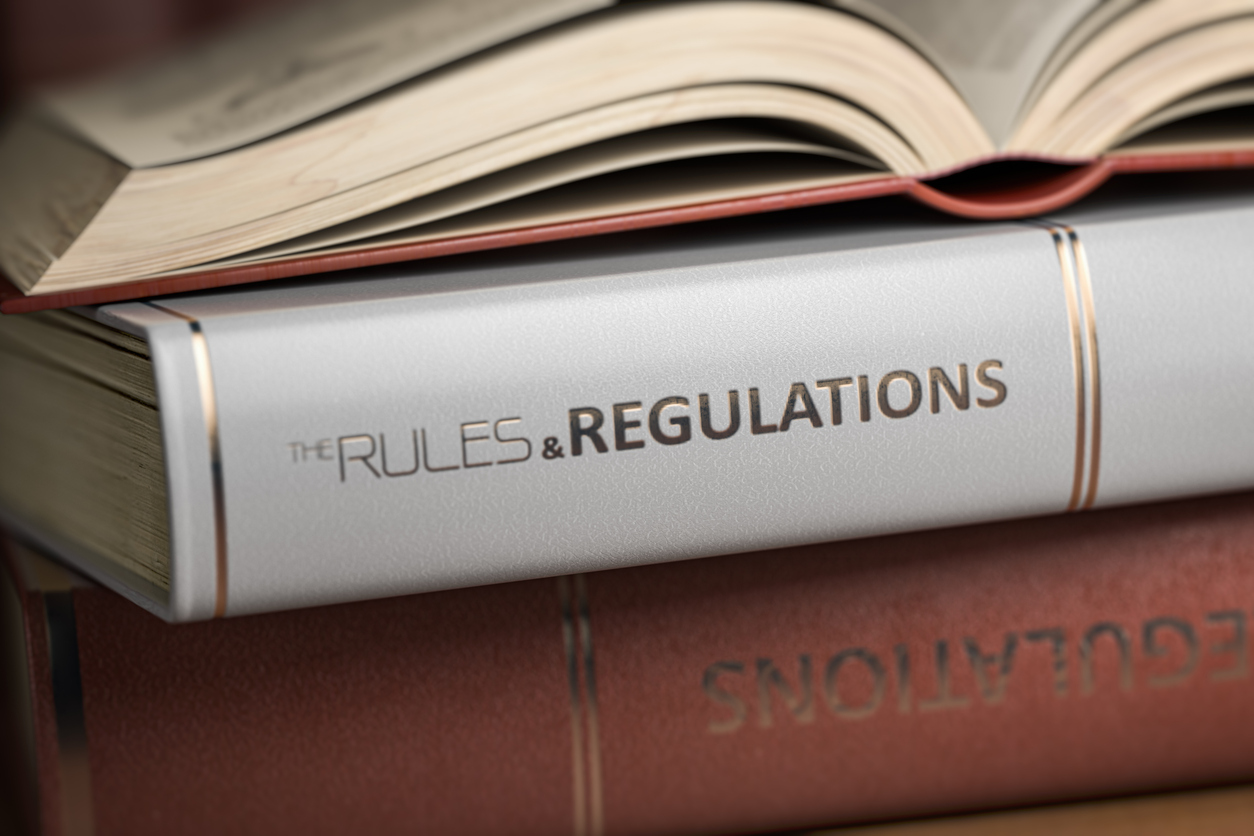Insurance companies cannot escape bad faith liability by asserting the “Advice Of Counsel” defense. Although the defense exists, it is not an affirmative defense, and is not a complete defense to bad faith.
As I noted in part I, the Colorado Supreme Court declared, “insurers cannot escape their duty of good faith and fair dealing by delegating tasks to third parties.”1 An insurer cannot delegate its duty of good faith to others—not even its lawyers.
When confronted with litigation and claims of bad faith and unreasonable delay and denial, some insurance companies attempt to evade liability by claiming “we can’t be liable for bad faith because we relied on our lawyers and our lawyers told us to deny the claim.” But even where advice of counsel defense is raised or there is some evidence that the insurer did rely on its lawyers, it is only one factor among many for the jury to consider in determining whether the insurer acted reasonably.
“Advice of Counsel” is not a complete defense to a claim of bad faith and, in fact, is no defense to a claim for ordinary breach of contract or outrageous conduct. Because the insurer’s duty of good faith and fair dealing is non-delegable, an insurer may be vicariously liable for the actions of its agents, including counsel.2
Even prior to litigation, if the insurer’s lawyer’s advice was unreasonable, the insurance company is responsible for the advice and cannot use it to insulate it from liability for bad faith. In Hamilton Mutual Insurance Company of Cincinnati v. Buttery,3 the court stated,
An insurer cannot engage in the subterfuge of avoiding its duties by the shield of retaining an attorney. Reliance on the advice of counsel must be reasonable, and the insurer retains its obligation to exercise its own independent judgment in assessing an insured’s rights under a policy.
See also Barnes v. Oklahoma Farm Bureau Mutual Insurance Company,4 which upheld a jury finding of bad faith against an insurer in a first-party underinsured motorist case — despite the insurer’s purported reliance on advice of counsel — because counsel’s advice to the insurer was unreasonable.
1 Cary v. United of Omaha Life Ins. Co., 68 P.3d 462, 466 (Colo. 2003).
2 See Tait ex rel. Tait v. Hartford Underwriters Ins. Co., 49 P.3d 337 (2001) (trial court increased punitive damages because during litigation the insurer committed discovery violations and delegated to counsel many of its continuing obligations to the insured despite insurer’s ongoing duty to insured pursuant to Southerland v. Argonaut Insurance Co., 794 P.2d 1102 (Colo. App. 1990)).
3 Hamilton Mut. Ins. Co. of Cincinnati v. Buttery, 220 S.W.3d 287, 294 (Ky. App. 2007).
4 Barnes v. Oklahoma Farm Bureau Mut. Ins. Co., 11 P.3d 162 (Okla. 2000).



